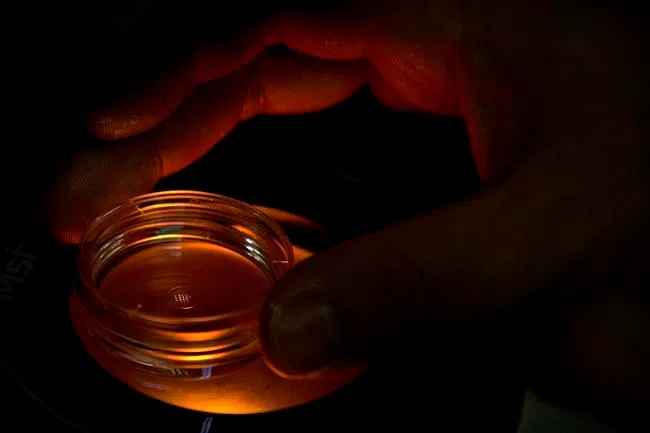
China halts work by team on gene-edited babies
HONG KONG — China’s government ordered a halt Thursday to work by a medical team that claimed to have helped make the world’s first gene-edited babies, as a group of leading scientists declared that it’s still too soon to try to make permanent changes to DNA that can be inherited by future generations.
Chinese Vice Minister of Science and Technology Xu Nanping told state broadcaster CCTV that his ministry is strongly opposed to the efforts that reportedly produced twin girls born earlier this month. Xu called the team’s actions illegal and unacceptable and said an investigation had been ordered, but made no mention of specific actions taken.
Researcher He Jiankui claims to have altered the DNA of the twins to try to make them resistant to infection with the AIDS virus. Mainstream scientists have condemned the experiment, and universities and government groups are investigating.
He’s experiment “crossed the line of morality and ethics adhered to by the academic community and was shocking and unacceptable,” Xu said.
